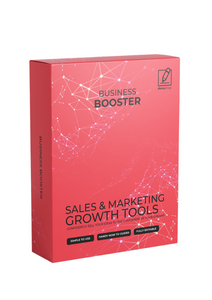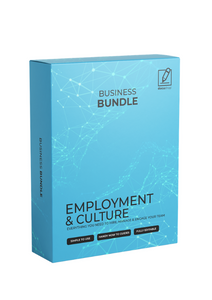Why you Need an Exit Strategy
| Arna Van Ravestein
For most entrepreneurs, their main focus is in getting their business, making it profitable and ensuring it runs smoothly. However, having an exit strategy is just as important. The day may come when an entrepreneur wants to retire, change direction have some more free time, or they pass away suddenly. For the sake of the business, having a plan in place for when the entrepreneur is no longer in charge (or able to lead) is critical. Here are a few of the top reasons to have an exit plan:
- Reduce or defer potential tax implications on the spouse, family, or estate
- Creates a smooth business transition
- Protects the value of the business
- Generate steady income stream for heirs or for retirement
- Improves the future value of the business
- Allows entrepreneur to limit losses if business is unsuccessful
Having a sound exit strategy can provide a sense of ease and eliminate any mystery about the direction of the business for everyone involved.
Exit Strategies
Here are the top business exit strategies.
Close the business. The most extreme option is to simply liquidate and close the business. This could also be a last resort if other business exit plans aren’t feasible. Examples include the inability to turn the business over to heirs or dealing with individuals who don’t agree with the current direction of the company and want to make drastic changes.
Take the company public. For some companies, an option is to take the company public and issue shares to investors. The company would then be controlled by a board of directors and shareholders. The owner could take his shares from the newly formed corporation and retire, or remain on the board.
Merger and acquisition (M & A). A viable option is to merge with a company that is similar in size and scope, or be bought out by a larger company. Merging with a complementary company allows them to pool resources and manpower, which could help the businesses become more competitive and/or gain market share. If purchased by a larger company, the benefit is it helps them to consolidate their dominance in an industry. In both instances, the entrepreneur may receive a large payout offer for their company.
Pass the business down to heirs. Some entrepreneurs groom family members to take over the family business. By teaching them what they know, the probability of the business remaining successful increases, and allows for a seamless transition of control.
Sell to managers and/or employees. This option will pass ownership to individuals who have a vested interest in the company, and want it to succeed. Another benefit is they will know and understand the company and its culture. This can decrease (or prevent) a lag in quality or production as the new management team takes control.
Components Needed For Exit Strategy
Not all exit strategies are created equal. One type of exit strategy may be ideal for one person, but unrealistic for others. When creating an exit strategy, ask yourself the following questions:
What is the desired outcome? Are you looking for a big payout? Pass down to heirs?
What is your planned exit date? The farther the exit date is in the future, the more time there is to prepare.
Can you maximize the value of the business for mergers? Should you introduce more products? What qualities of your business can increase its value among potential buyers?
Are you open minded to changing your exit strategy? What if your heirs don’t want the family business, you have to leave the company sooner than expected, or you’re not offered as much for your company as anticipated? Expect the unexpected.
Putting It All Together
When starting a business, having a business plan and Standard Operating Procedures (SOP) are critical for its success. Unfortunately, having a sound exit strategy is often overlooked by many entrepreneurs. By thinking ahead and having an exit plan in place, the transition from owner to former owner is that much easier. By creating your business with your exit strategy in mind, you can look forward to building a legacy.





